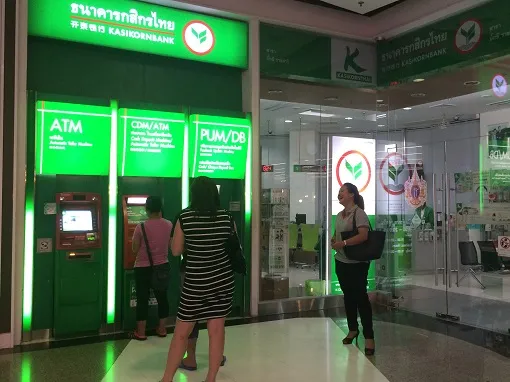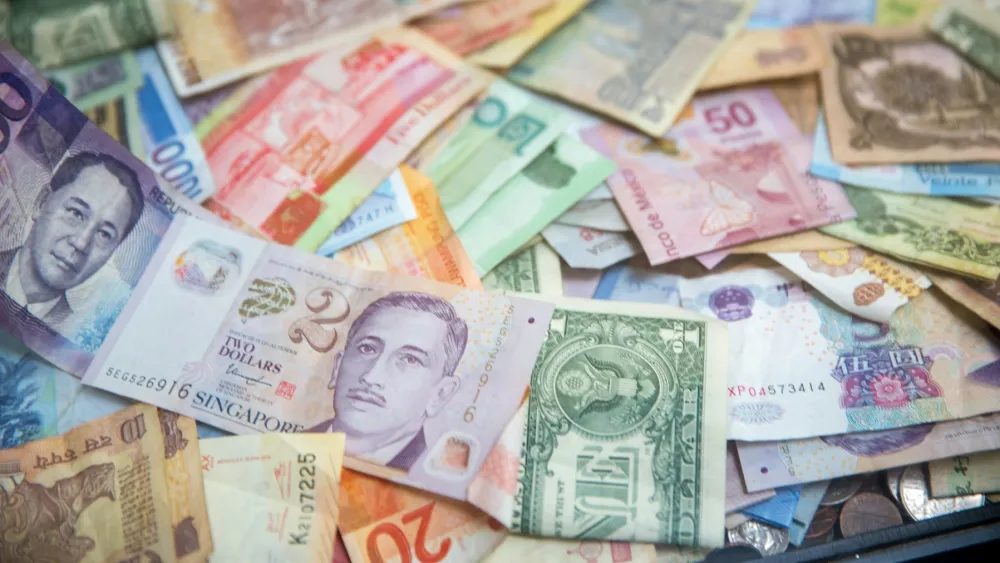
Is the worst over for Thai banks?
The sector is poised for profitability as it nears the end of the bad loan cycle.
Thai banks are set for an earnings recovery in the coming quarters as a brighter picture brought about by higher investment levels and the end of the household deleveraging cycle is set to buoy the banking sector from its protracted slump, according to BMI Research.
Despite a contraction in the year-end profits of the country’s banking sector, accelerating credit growth is poised to lift the earnings prospects in the near term thanks to an improvement in public and private investment.
Around $14b worth of projects under the Transport Action Plan Year 2016 and 2017 have already broken ground or will begin construction this year which is expected to spur credit demand.
This is further buoyed by the passage of the Eastern Economic Corridor (EEC) Act last February which clarified regulations on allowed investment projects in the area and accelerated funds disbursement in the coming quarters. The payoff couldn’t come sooner as no less than Alibaba has pledged THB11b in investment last April to establish a digital hub in the EEC.
The looming end of the household deleveraging cycle is also expected to lend support to credit growth as BMI expects household borrowing to pick up once again over the next few quarters after a decrease in household debt to GDP in Q4.
The banking sector’s bad loans also appears to have peaked after NPL ratio clocked in at 2.9% in Q1, holding steady since Q1.
“In our view, NPLs have peaked and will likely support profits through lower loan loss provisions. Given that NPLs typically lag economic performance by 18-24 months, we believe that the rate of NPL formation will likely decrease in the coming quarters as the economic recovery that began in 2016 begins to feed through,” BMI added.
The overall economic recovery has also halted the formation of new NPLs as a share of total stressed assets after it dipped from 70% in 2016 to 66.4% in 2017.
A collaboration between fourteen banks for the development of a blockchain-powered trade finance platform is also set to buoy the earnings slump of Thai banks. “Anything that can improve their margin (like this lower-fee money transfer services), there is no reason for failure,” according to Maybank Kim Eng research analyst Tanawat Ruenbanterng, adding that less fees would entail more profit for Thailand OEM exporters who largely profit based on margin.
Digital alternatives could also solve sluggish toplines that continue to plague Thai banks as they face limited room for growth, Ruenbanterng added, with major lender Siam Commercial Bank targeting a drastic cutting bank branches from 1,100 to 400 and 27,000 employees to 15,000.
“Digital banking is one field that can help improve the margin. Domestic banks like SCB/KBANK have already started embracing digital banking technology,” he stressed.
“Winners in the next era should be one that can adopt with fast-changing technology. That one should have efficient cost control in order to change and adapt faster.”



















 Advertise
Advertise














